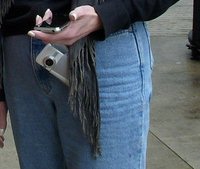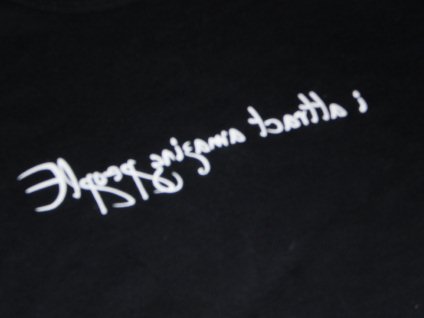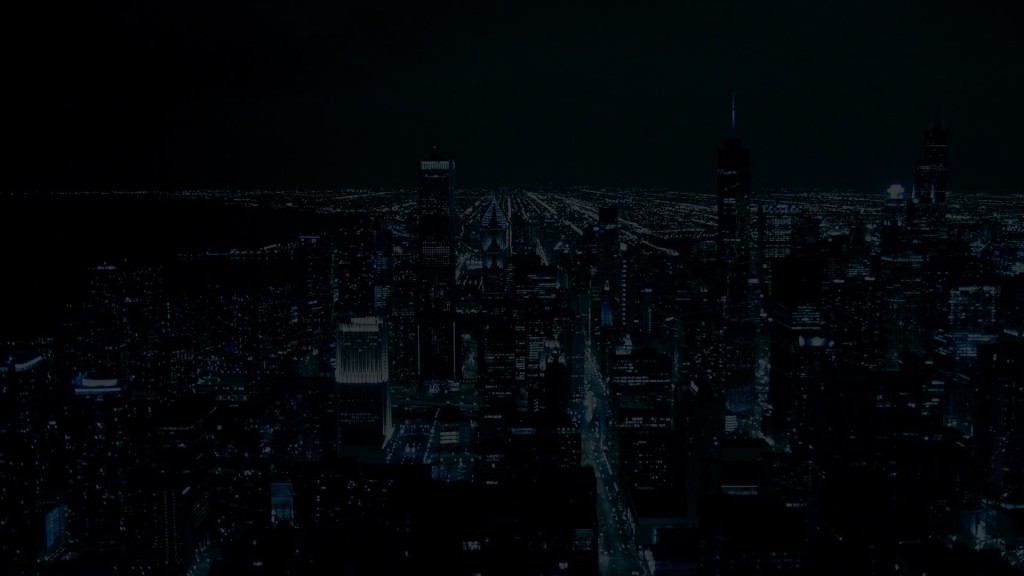In Real Life

I keep encountering the phrase “in real life.” People use it often to talk about the offline culture. Most of probably first heard that phrase as small children. Our families use it to help us differentiate between fantasy and reality, fact or fiction. It’s education curriculum — a skill essential to literacy and critical thinking — teachers help children sort real versus make believe in schools all over the world.
Out of school and grown, we rely on that skill to navigate information and relationships — to identify competence, credibility, relevance, predictability, integrity, authenticity. We trust what is “real.” We look to uncover fallacy.
It’s how we learn to trust who and what we know. But reality is perception and perception is made of more than information — personal filters and cultural beliefs change our view of what’s authentic.
Hopefully with new information and new experience we changed how we see and what we know.
Culture Shock
Lately I’ve realized that my definition of real life and the words around the online experience need to change. My view hasn’t kept up with the new seamless online and offline line communication world. Here’s how I got to that thought.
When we go to another country, we find another culture. It’s just as likely that we’ll find another culture in the next neighborhood. Culture is a context that frames our reality.
What’s fine and natural in one context can be a reputational blunder in another. We start to “get” this the first time our peer group has different values than our family. Peer culture has different rules.
Vocabulary changes from one culture to another too. The most used definition of community can be a group of like minded thinkers here, a church group there, or a small town depending on the group we’re talking with.
Even the mode of communication has its effect. We dress and act differently in person than we might on the phone. Without the visual input our words have more power and are offered in a verbal behavior set. This tool changes the culture in which it works just that much. Yet we never say that we’re in another world when we talk on the phone or when we text.
AND it’s a new cultural fact: No one wants to hear our cell phone convervastions.
Similarly, online culture is developing rules of behavior that change in different situations too.
Yet because folks have imagined virtual reality that is not all true, we’ve developed this mindset that being online isn’t the real world when in fact, the Internet is just another set of tools.
Being online isn’t another world … it’s a set of tools in another culture paradigm. It’s no less the real world than being on the phone.
To be visibly authentic in every conversation in every every culture, it’s important to be aware that media only mediates relationships and it only causes contextual cultural shifts. .
The media we use doesn’t define real life.
Media doesn’t change the world, people do.
Is your definition of real life out of date too?
–ME “Liz” Strauss
Work with Liz!!





